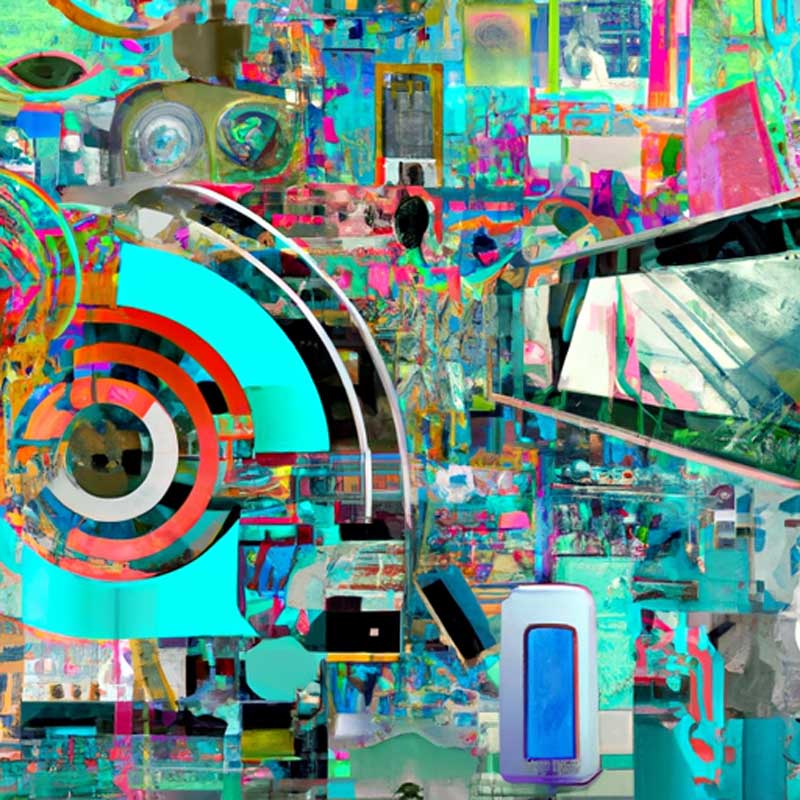TLDR:
Key Points:
- Artificial intelligence (AI) bias can pose a significant threat to free speech.
- AI systems can perpetuate and amplify existing biases present in society.
Artificial intelligence (AI) is becoming increasingly prevalent in our lives, with applications ranging from healthcare to criminal justice. While AI has the potential to improve efficiency and outcomes in various sectors, there is a growing concern about the bias that can be embedded in these systems.
Key Elements:
In the context of free speech, AI bias can have far-reaching implications. When AI systems are trained on biased data or incorporate biased algorithms, they can perpetuate and amplify existing biases present in society. This can lead to discriminatory outcomes, including the suppression of certain voices or viewpoints.
Furthermore, the opacity of many AI systems makes it difficult to understand how decisions are being made, making it challenging to hold these systems accountable for any biases present. This lack of transparency can hinder efforts to address bias and ensure that free speech is protected in the digital realm.
Addressing AI bias requires a multifaceted approach that involves careful data selection, algorithm design, and ongoing monitoring and evaluation of AI systems. It is essential for developers and policymakers to be vigilant in identifying and mitigating bias in AI systems to safeguard free speech rights.
